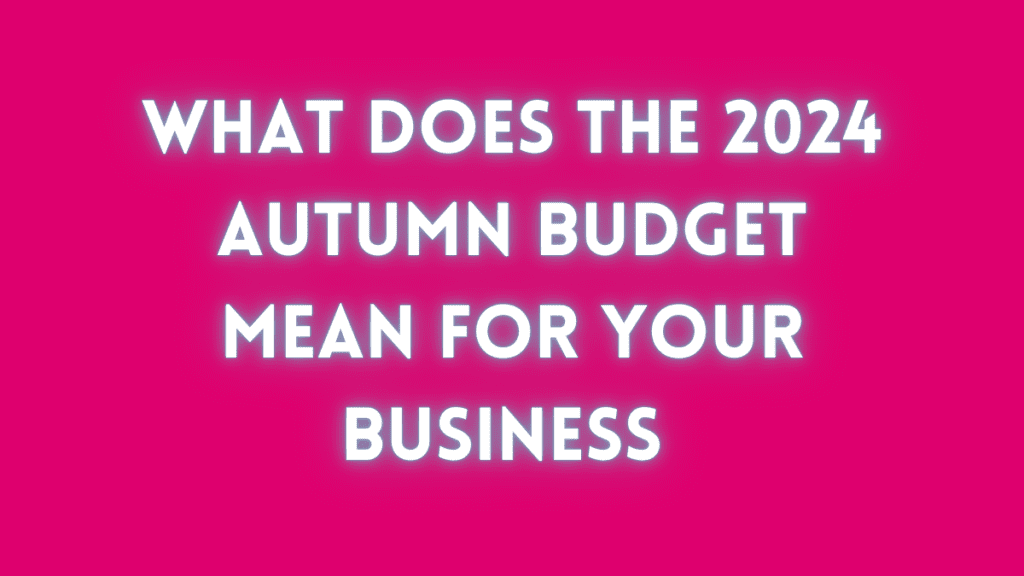
After months of speculation, we finally have the details of the first budget from the new labour government. It appears…

After months of speculation, we finally have the details of the first budget from the new labour government. It appears…
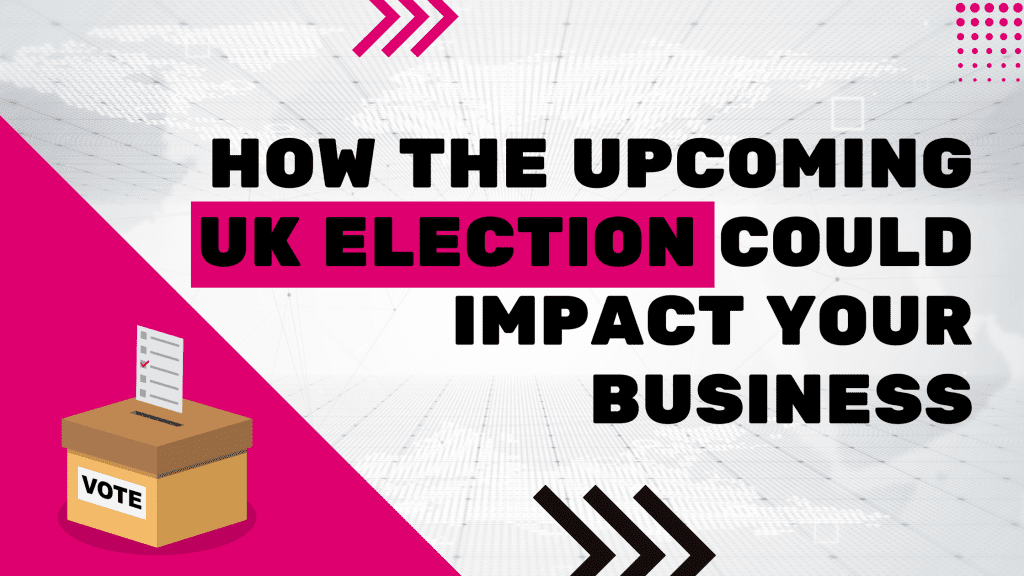
Election 2024: How Party Manifestoes Could Impact Small Businesses in the UK As the 2024 UK election draws nearer, small…
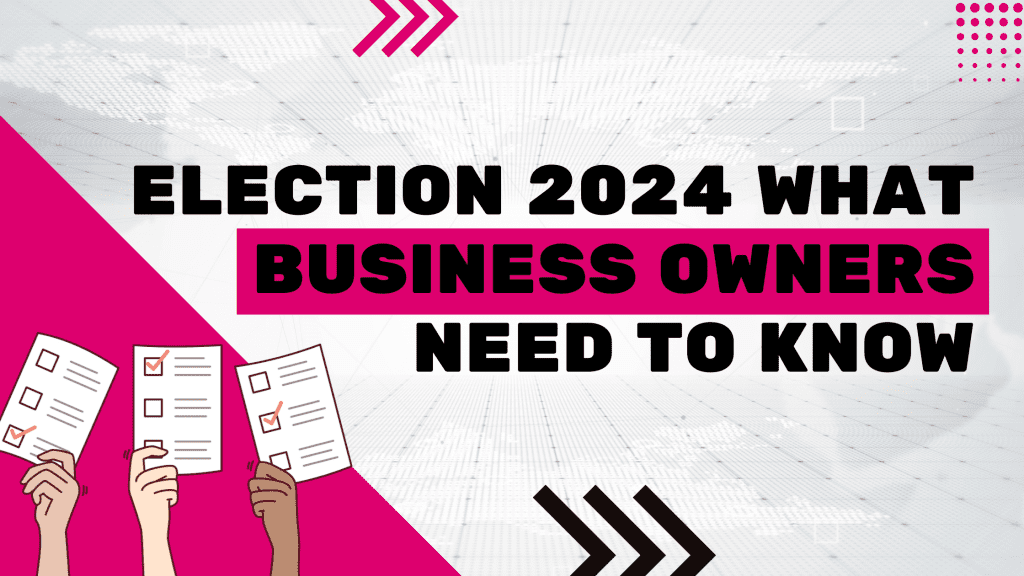
Election 2024: What Business Owners Need to Know As the 2024 election approaches, business owners across the UK are keen…

On March 6, 2024, Chancellor Jeremy Hunt delivered a spring budget aimed at boosting public morale and securing voter support,…

Attention Business Owners, We’ve got the latest scoop on the recent Spring Budget announcement by the chancellor. Buckle up because…

Simplified Guide for Business Owners: Understanding the Spring Budget Predictions Attention all business owners! The Spring Budget is set to…
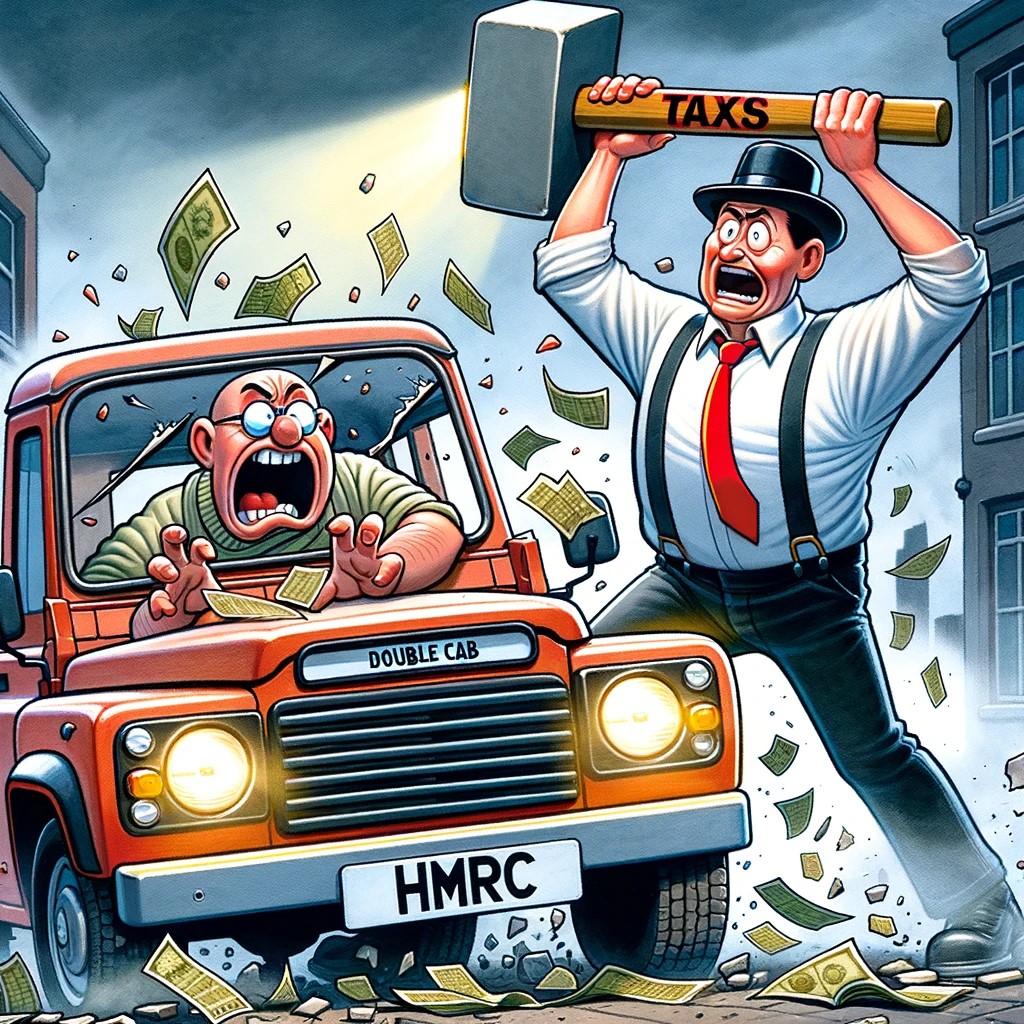
Understanding the Changing Tax Landscape Current Tax Benefits: A Favorable Position Double cab pickups are the backbone of the construction…

Navigating HMRC Time to Pay Arrangements: A Lifeline for UK Businesses In the complex world of business finance, one of…

Hello, business owners! Let’s talk about what the UK Autumn Statement means for you in plain English, with all the…
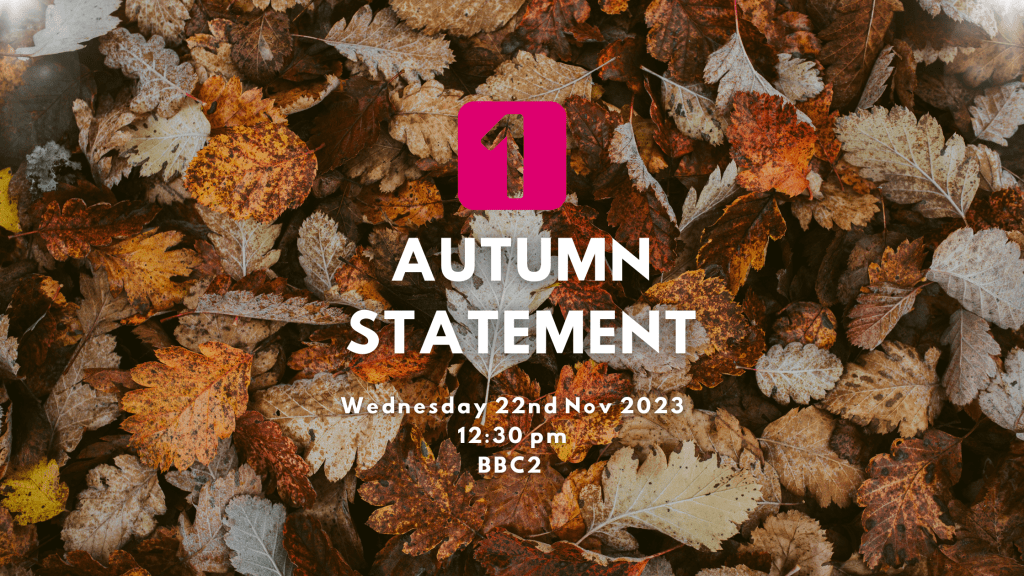
The Autumn Statement is more than just a financial forecast; it’s a roadmap that can influence your business decisions for…